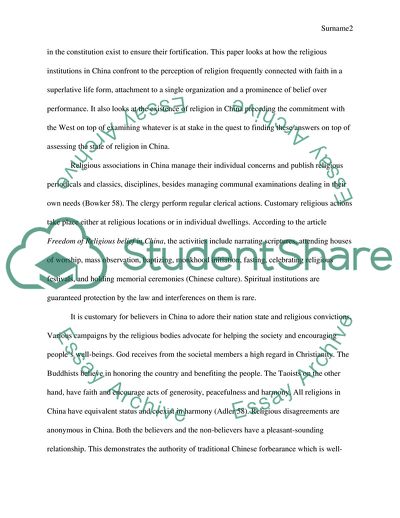Cite this document
(Religion in China Essay Example | Topics and Well Written Essays - 1250 words, n.d.)
Religion in China Essay Example | Topics and Well Written Essays - 1250 words. https://studentshare.org/religion-and-theology/1772702-miderm-paper2
Religion in China Essay Example | Topics and Well Written Essays - 1250 words. https://studentshare.org/religion-and-theology/1772702-miderm-paper2
(Religion in China Essay Example | Topics and Well Written Essays - 1250 Words)
Religion in China Essay Example | Topics and Well Written Essays - 1250 Words. https://studentshare.org/religion-and-theology/1772702-miderm-paper2.
Religion in China Essay Example | Topics and Well Written Essays - 1250 Words. https://studentshare.org/religion-and-theology/1772702-miderm-paper2.
“Religion in China Essay Example | Topics and Well Written Essays - 1250 Words”. https://studentshare.org/religion-and-theology/1772702-miderm-paper2.


